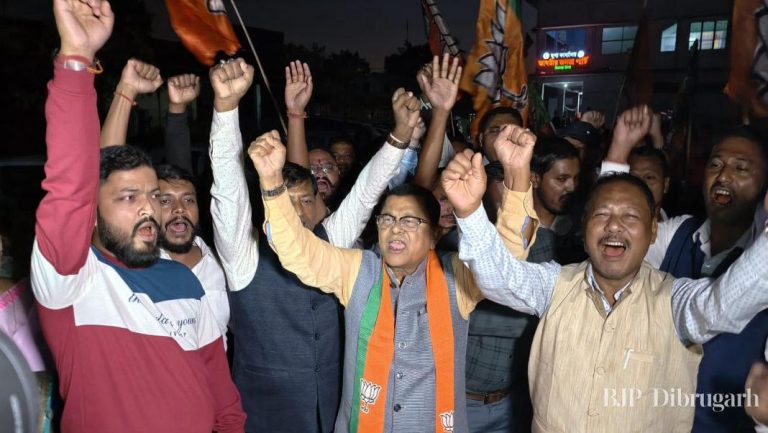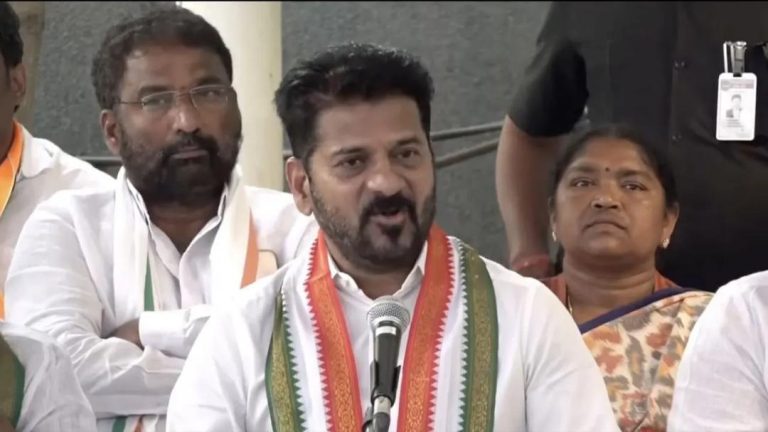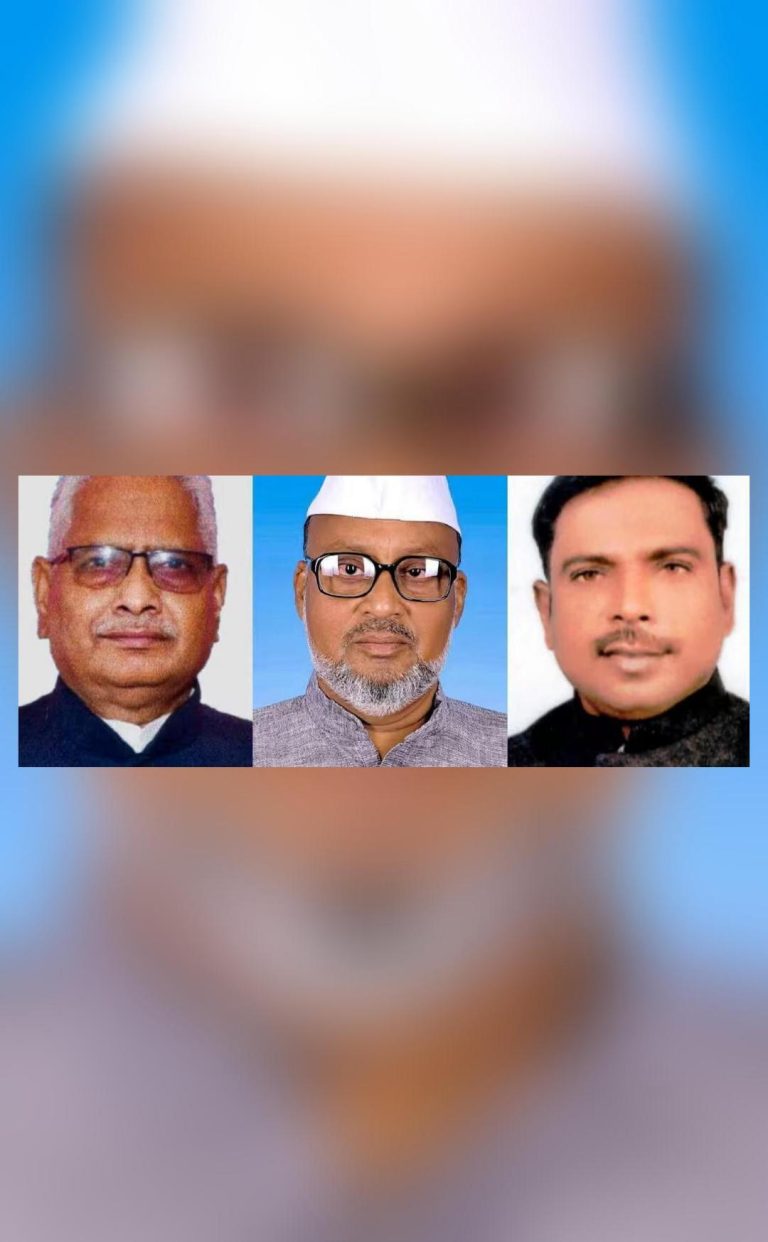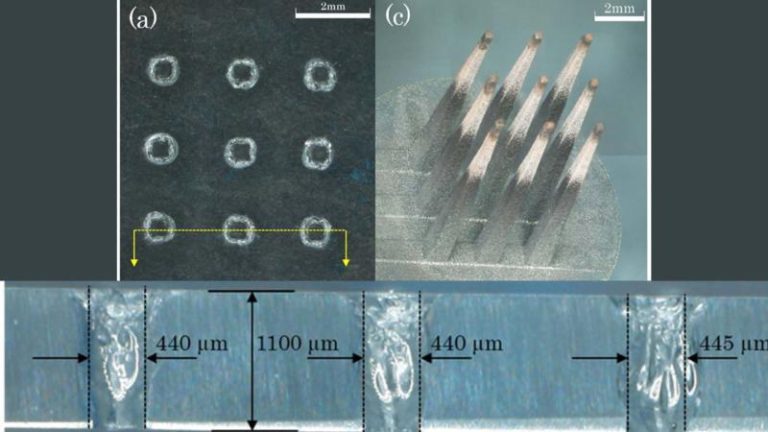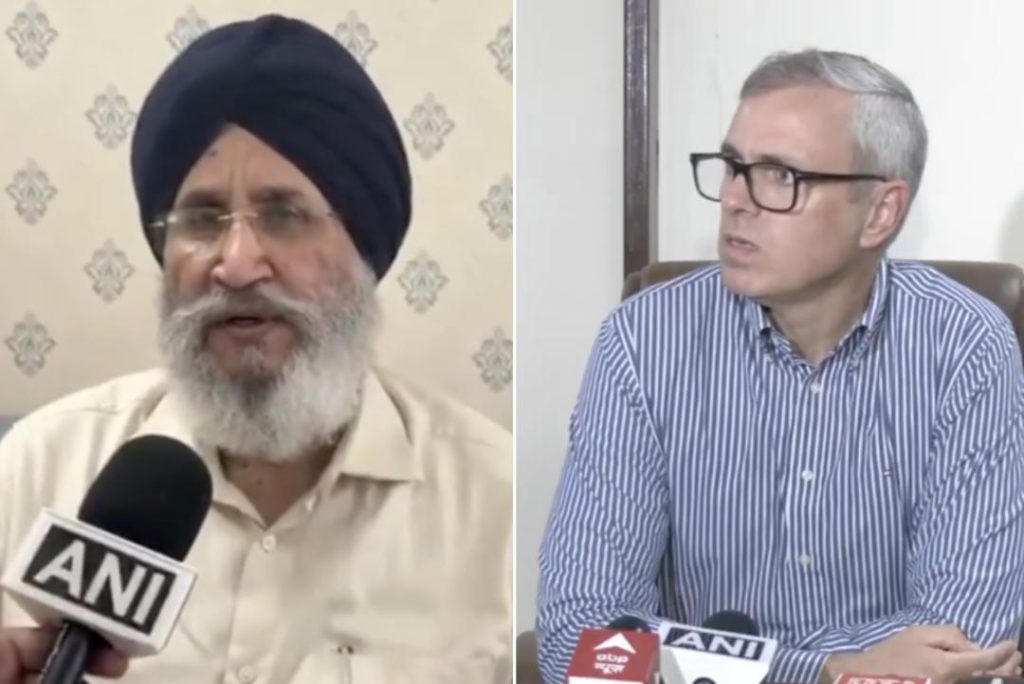
J&K CM’s remark on water sharing unreasonable: Akali Dal leader
The political landscape of the country has witnessed yet another controversy, as the Chief Minister of Jammu and Kashmir, Omar Abdullah, sparked a heated debate by stating that he will not share any water with Punjab. The comment has drawn sharp criticism from Shiromani Akali Dal leader, Daljit Singh Cheema, who has termed the remark as “unreasonable”.
According to Cheema, the Akali Dal leader, the J&K CM’s comment comes as a surprise, considering that the river water distribution has historically favored other states like Rajasthan, Haryana, and Delhi. “We did not expect him to comment on Punjab, as river water distribution has earlier also been in favour of other states like Rajasthan, Haryana and Delhi,” Cheema was quoted as saying.
The controversy began when Omar Abdullah, in a recent interview, stated that his government will not share any water with Punjab. The remark was seen as a direct challenge to the neighboring state, which has long been dependent on the waters of the Sutlej and Ravi rivers, which originate in Jammu and Kashmir.
Punjab’s dependence on the waters of the Sutlej and Ravi rivers is well-documented. The state’s agricultural sector is heavily reliant on these rivers, which provide irrigation to a significant portion of the state’s farmland. The waters of the Sutlej and Ravi rivers are also used for drinking water supply, industrial purposes, and other essential needs.
However, Jammu and Kashmir has been facing water scarcity issues in recent years, which has led to concerns about the long-term sustainability of the state’s water resources. The state’s water resources are already under immense pressure due to a combination of factors, including population growth, urbanization, and climate change.
The Akali Dal leader’s criticism of the J&K CM’s remark is not without merit. Punjab has been a major contributor to the country’s foodgrain production and has consistently faced water scarcity issues. The state’s water table has been depleting rapidly, and the situation is expected to worsen in the coming years.
Moreover, Punjab’s dependence on the waters of the Sutlej and Ravi rivers is not limited to irrigation purposes alone. The state’s industries, including its textile and food processing sectors, are also heavily reliant on these rivers for their operations.
The controversy has also raised questions about the fair distribution of water resources in the country. The Indian constitution guarantees every citizen the right to a healthy environment and access to clean water, but the reality is far from it. Many states, including Jammu and Kashmir, are facing severe water scarcity issues, while others, like Punjab, are struggling to meet their water needs.
The Akali Dal leader’s criticism of the J&K CM’s remark is not only a defense of Punjab’s interests but also a call for a more equitable distribution of water resources in the country. “We expect the J&K government to reconsider its decision and work towards finding a mutually beneficial solution,” Cheema said.
In conclusion, the controversy surrounding the J&K CM’s remark on water sharing is a wake-up call for the country to address the pressing issue of water scarcity and distribution. The country’s water resources are already under immense pressure, and the situation is expected to worsen in the coming years. It is imperative that the government and other stakeholders work together to find a solution that balances the interests of all parties involved.
